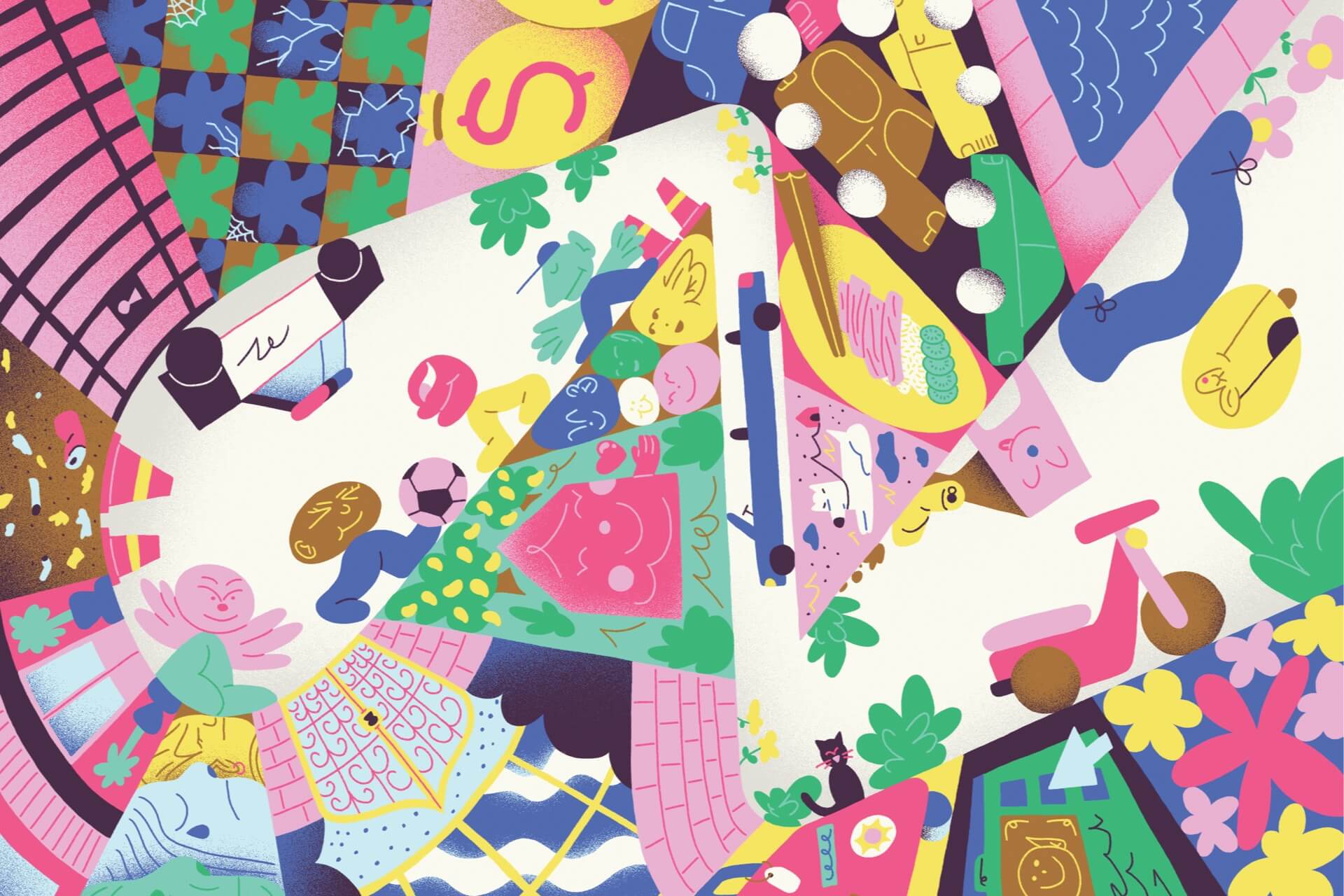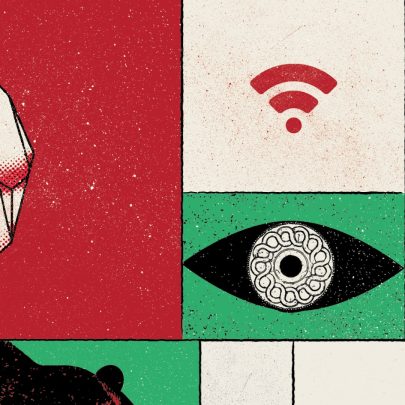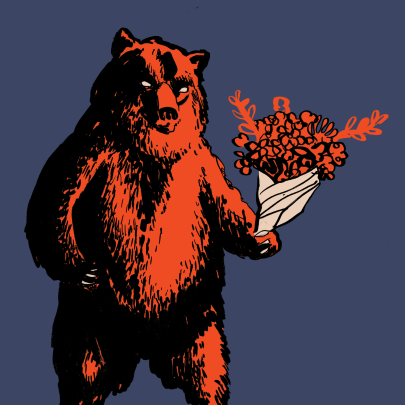Aug 10, 2023 Society
I hope no one’s still deluding themselves that this is an ideal world we’re living in. The last three years alone should have made that clear. At least for me, it’s now obvious the world I was born into is anything but.
I grew up in a notoriously sketchy but diverse neighbourhood in Phnom Penh, Cambodia. At the opening of a dead-end road, tucked away in the district of Chamkarmon, lies a motel for late-night revellers. A little further on is an internet cafe and a family-owned restaurant that makes, in my opinion, the best grilled pork on rice ever to exist. Then there’s our modest house, much like the houses of other middle-class families. Next to our house, to the right, stands my auntie’s house, often rented by foreigners living in Cambodia for a few years. To our left is an ironsmith, his wife and their three children, who all eat and sleep in one room. Across the road is a family made up of a father, mother and five sons, who each owned a car of their choice even before finishing high school. Three buildings down, a police station looms; ironically, it’s adjacent to a community of dilapidated single rooms housing those who struggle to make ends meet. Many there resort to theft and drugs for survival. And a few houses beyond that resides a governor and his family.
Growing up, I bore witness to the stark realities of life. I could see sorts of injustices without stepping out of my door. One early lesson was when I heard our helper sobbing in front of my mum, asking her for help. Her husband, a motorcycle taxi driver, had been struck by a speeding car, yet he’d found himself unjustly deemed at fault. The family were instructed to pay a sum of money “for the damage he caused to the car”, which essentially can be translated to, “If you want your name cleared, pay us money.” My mum helped them out. When the husband was discharged from the hospital, I saw more — both him and his wife kneeling before my mum, weeping as they thanked her. Another instance was when the son from the house in front of ours committed a hit-and-run, yet walked away unpunished.
Where there is bad, there can also be good. In this unforgiving environment in which it felt like everyone was out for themselves, I also had the privilege of observing genuine goodness. At the end of each school year, my mum would gather all my textbooks and donate them to our helper’s daughter, a year younger than me. As I grew older and understood why she did that, I began making sure all my books were as impeccable as possible — my notes tidy and easy to read. My mum also passed on my brother’s books, giving them to the oldest son of the ironsmith’s family. When my clothes no longer fit me, Mum would put them in a sack, walk to a lady residing in one of the dilapidated single rooms, and give the bag to her. “My daughter no longer fits into these. You can give them to your niece,” my mum would say. The lady would thank her and my mum would come back with a few chive pancakes leftover from those the lady had and not sold that day.
Living in a neighbourhood where the powerful and the underprivileged — the rich and the poor, the government officers and the criminals — co-exist in such close proximity exposes you to things you wouldn’t want to see. The exhaustion etched on the faces of people struggling; the gut-wrenching sound of someone’s sobs; the careless smiles of those with money and authority.
In such a world, it’s easy to think the worst of people, just to save ourselves from possible harm. “You’re all on your own — don’t trust anyone,” some might say. But to choose to see the good, and invest in the potential in people, is what my mum’s always showed me — how we can be good in this grim world.
For much of my upbringing, I found myself wishing to be born in another country, somewhere far away from all these issues, where things are more forgiving, where the government is doing its job. But if there is one good thing about the lockdowns and closed borders of the pandemic, and about being stuck in New Zealand for three years, it’s that it brought me back to all the good things about Cambodia.
Sure, Cambodia is not a haven — 45% of Cambodians live in moderate and severe food insecurity; more than 10% of Cambodian children do not have access to education and many of them have to work to help support their family; 40% of them suffer from chronic malnutrition, stunting their growth and cognitive development — but there is good there. I saw it all around me. People doing their best, even in a world that is less than ideal.
–
This story was published in Metro N°439.
Available here.






